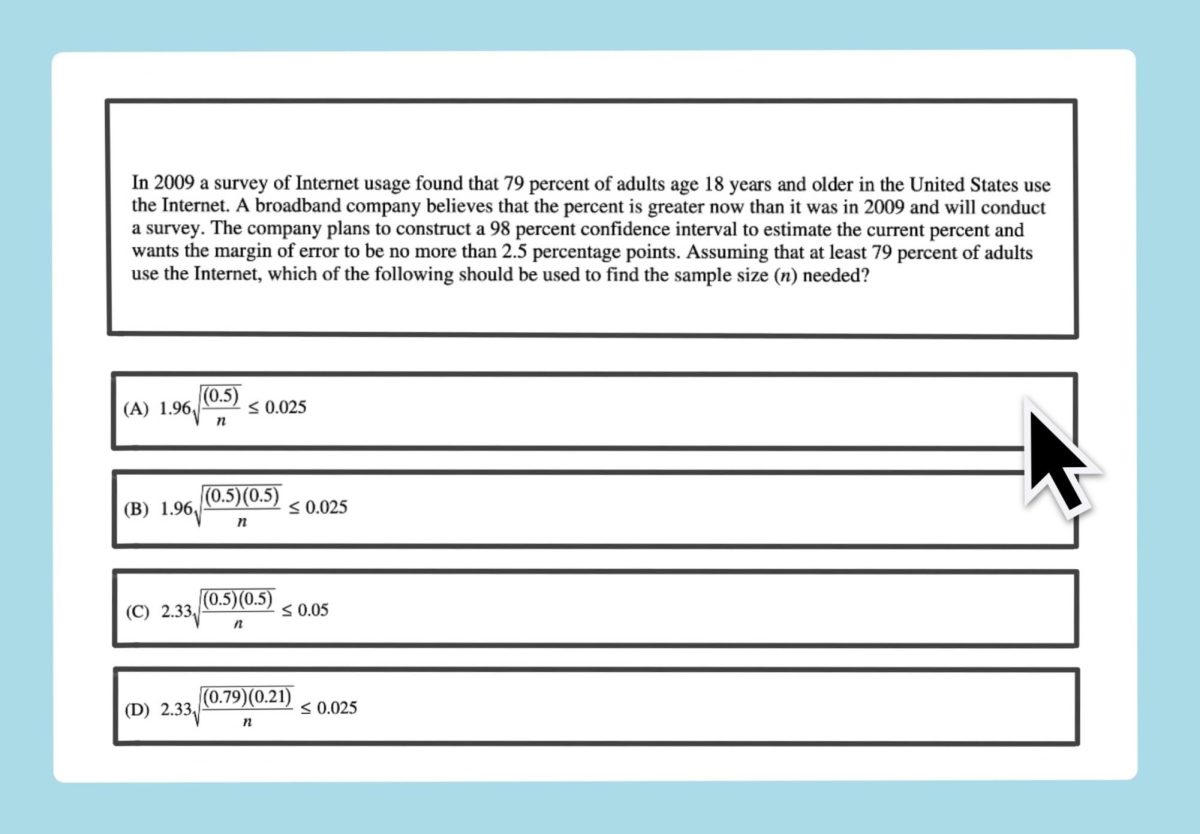Last May, the U.S. Department of Education launched an investigation into 55 colleges and universities across the nation for mishandling sexual-assault cases. In the six months since the list of schools being investigated was released, a number of colleges have been added, helping to fuel the growing movement against the mistreatment of sexual assault in an academic setting. The Obama administration, celebrities and students have all expressed their views on the matter, and it is clear that attitudes among administrators and students need to change in order to ameliorate this problem.
According to the the U.S. Department of Justice, approximately one in five women are raped in college, and 27 percent of college women have experienced some form of sexual violence or assault. These numbers are disturbingly high, but the amount of rapes and assaults reported is dismally low. More than 90 percent of sexual-assault victims on college campuses do not report the assault, according to the National Sexual Violence Resource Center. Among the few that are reported, schools and universities frequently mishandle the investigation, with little punishment for the crime.
According to The Huffington Post, less than a third of students found guilty of sexual assault are expelled. At the University of Virginia, a school under scrutiny for their mistreatment of sexual assault cases, the harshest punishment over the past eight years has been a two-year suspension. Oftentimes, it takes pressure from the students, media or public for the school to take action in a case. Schools should know when to take action without outside pressure. The schools don’t properly punish the perpetrators, which sends the wrong message to the students about the seriousness of the crime.
The administrations at colleges and universities aren’t the only ones at fault. Students, both men and women, contribute to this negative culture. Young women are scared to report sexual assaults, and young men often give little thought to the impact of their actions.
The NSVRC has also released studies showing that 43 percent of college men admitted using coercive behaviors such as ignoring protests, forcing intercourse and using physical aggression for sex. Additionally, 15 percent of college men admitted to committing “acquaintance” rape. Fraternities often perpetuate this culture, with allegations of multiple men gathering to assault women. Multiple news stories have shown examples of frat parties gone wrong, and the subsequent protests of victims or students. At Columbia University, one girl carried her mattress around campus to protest her rapist not being punished. Many victims, however, do not have the courage to go public about their assault, and recent articles have shown that this reaction isn’t just a college phenomenon. Often women are afraid to speak out because they are scared of it impacting their social status. This mindset is detrimental to our society, particularly to young women, and intervention is neccessary to create a change.
In order for rape culture to change, the attitude of administrators and students must be redirected. Women should feel safe on campus, and men should know that it is unacceptable to use force on a woman. Sexual assault on campus is a frequent problem that needs to be addressed, and the stigma associated with reporting assault needs to disappear. The action to change the culture of sexual assault needs to be taken seriously.












